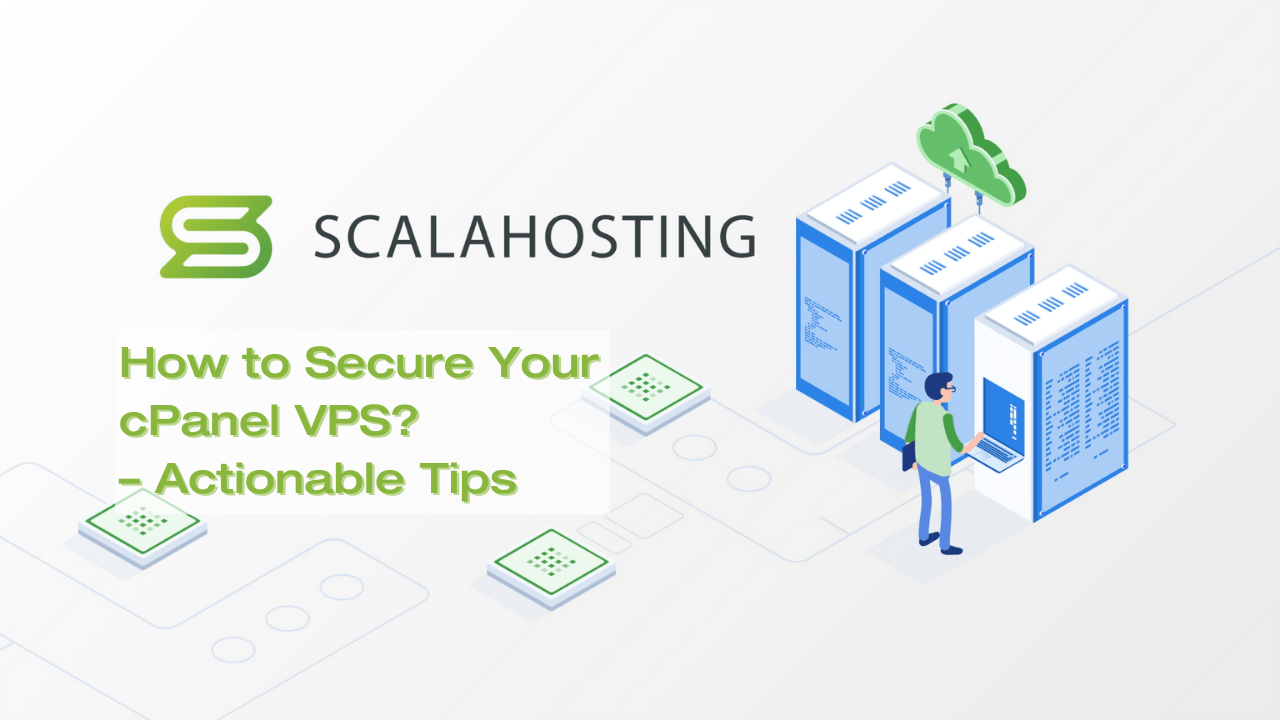Vps cPanel: How to Secure
Welcome to our comprehensive guide on securing your VPS cPanel like a pro! In this article, we will walk you through the best practices to keep your cPanel secure and protect your data from potential threats. Let’s dive in!
1. Update Regularly
One of the most crucial steps in securing your VPS cPanel is to ensure that all software, including cPanel itself, is up to date. Hackers often exploit vulnerabilities in outdated software to gain unauthorized access to your server. By keeping your cPanel and other software up to date, you can mitigate the risk of security breaches.
2. Use Strong Passwords
Another simple yet effective way to enhance the security of your VPS cPanel is to use strong, unique passwords for all accounts. Avoid using common or easily guessable passwords like ‘password123’ or ‘admin’. Instead, opt for complex passwords that include a mix of letters, numbers, and special characters.
3. Enable Two-Factor Authentication
Two-factor authentication adds an extra layer of security by requiring users to provide a second form of verification, such as a code sent to their mobile device, in addition to their password. Enabling two-factor authentication on your VPS cPanel can help prevent unauthorized access even if your password is compromised.
4. Limit Login Attempts
Another effective way to secure your VPS cPanel is to limit the number of login attempts allowed. By setting a limit on the number of failed login attempts, you can prevent brute force attacks that try to guess your password by repeatedly trying different combinations. This can help protect your server from unauthorized access.
5. Regular Backups
Regularly backing up your data is essential to protect against data loss in the event of a security breach or server failure. Make sure to set up automated backups of your cPanel accounts and databases to ensure that you can quickly restore your data if needed.
6. Monitor Activity
Monitoring activity on your VPS cPanel can help you detect and respond to security threats quickly. Keep an eye on login attempts, file changes, and other suspicious activity to identify potential breaches early on. Consider using security software that provides real-time alerts for added protection.
Conclusion
Securing your VPS cPanel is essential to protect your data and prevent unauthorized access to your server. By following the best practices outlined in this guide, you can enhance the security of your cPanel and reduce the risk of security breaches. Remember, vigilance is key to maintaining a secure server environment!
